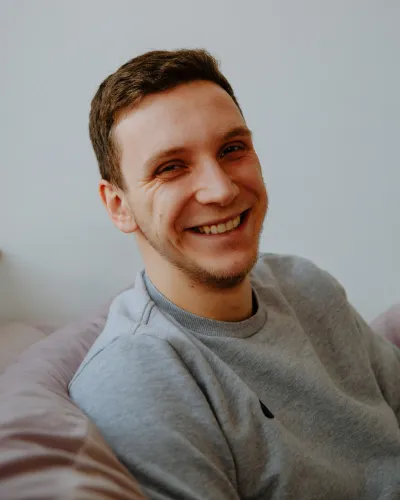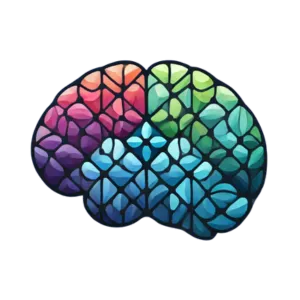
THE #1 Mental Health, Psychiatry, And
Wellness Center in St. Petersburg, FL
Your Partner in Mental Wellness
Compassionate Holistic Care for a Healthier Mind and Life
UNLOCK YOUR FREE EBOOK
Tools and Tips
For Managing Life With ADHD

Empower Yourself with Expert Knowledge
Are you or a loved one navigating the complexities of ADHD?
Mosaic Brain Health is here to support you with our free eBook, Tools & Tips for Managing Life with ADHD.
This valuable guide is packed with practical advice, innovative tools, and professional insights designed to help you manage ADHD effectively.
I Consent to Receive occasional Email and/or SMS Notifications from Mosaic Brain Health. Message & data rates may apply. You can reply STOP to unsubscribe at any time.
OUR SERVICES
Unlock Your Mental Well-being with a Comprehensive Psychiatric Evaluation
We personalize evaluations to diagnose, treat, and manage mental health
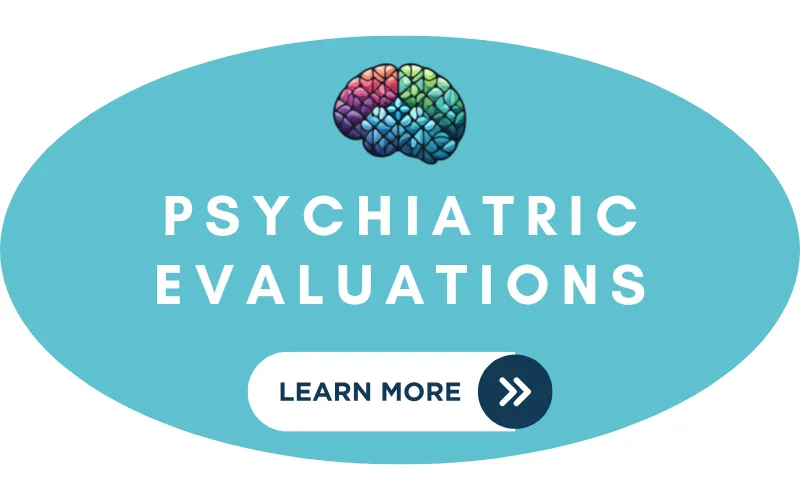
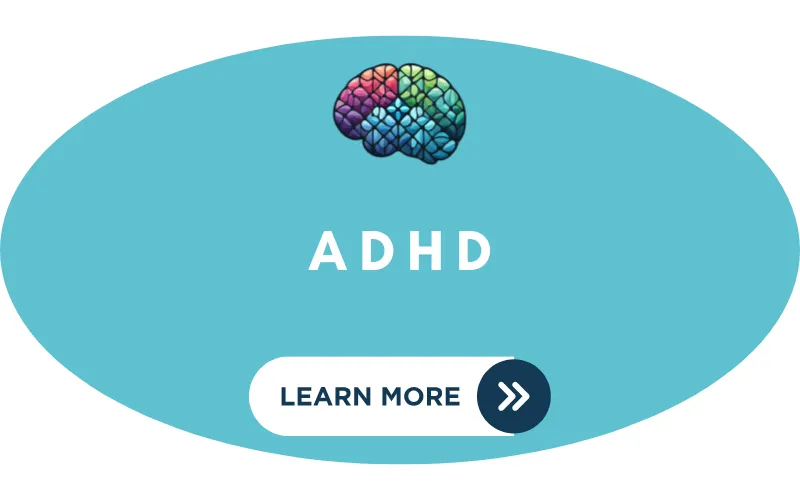
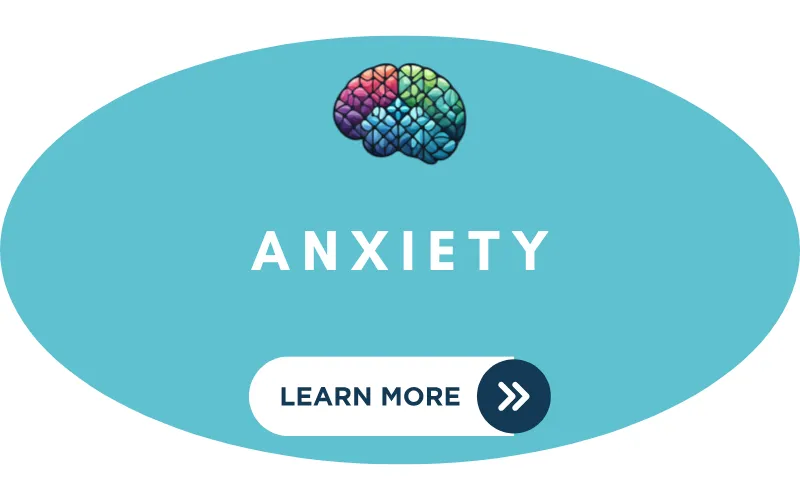
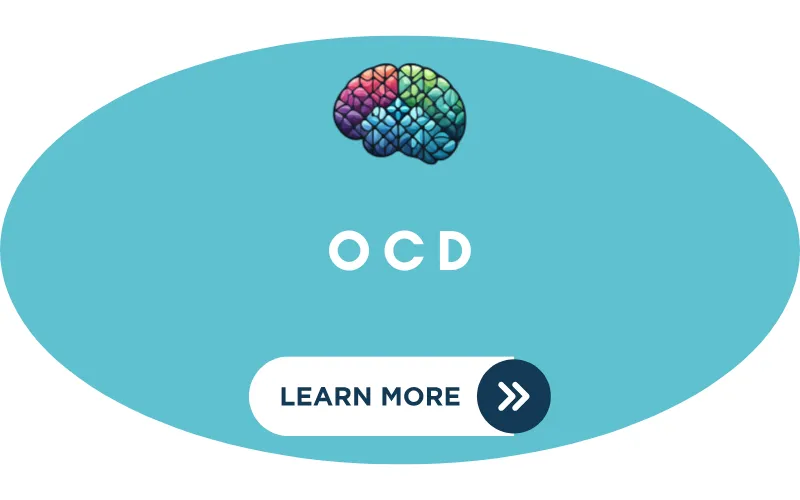
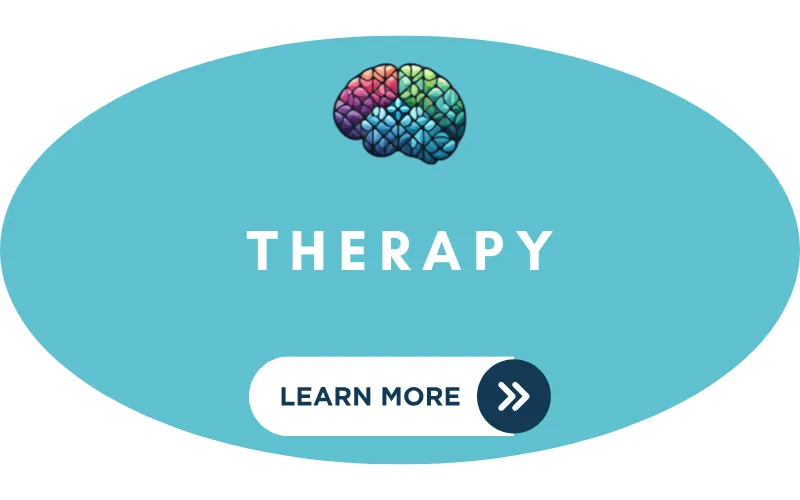
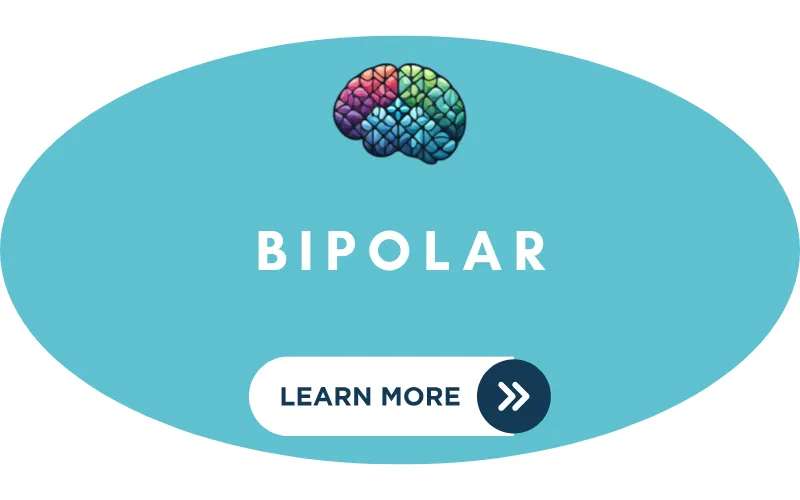
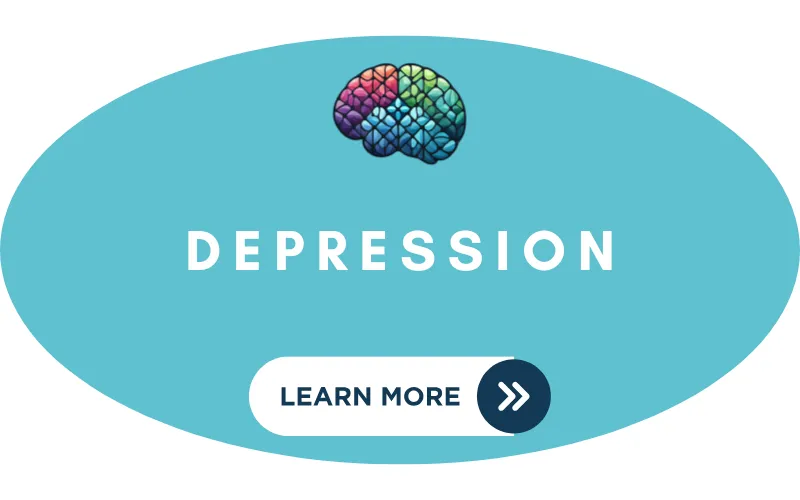
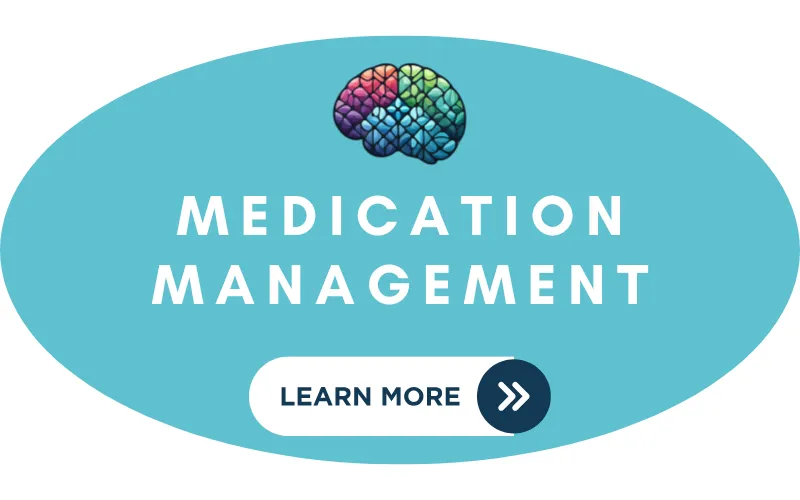
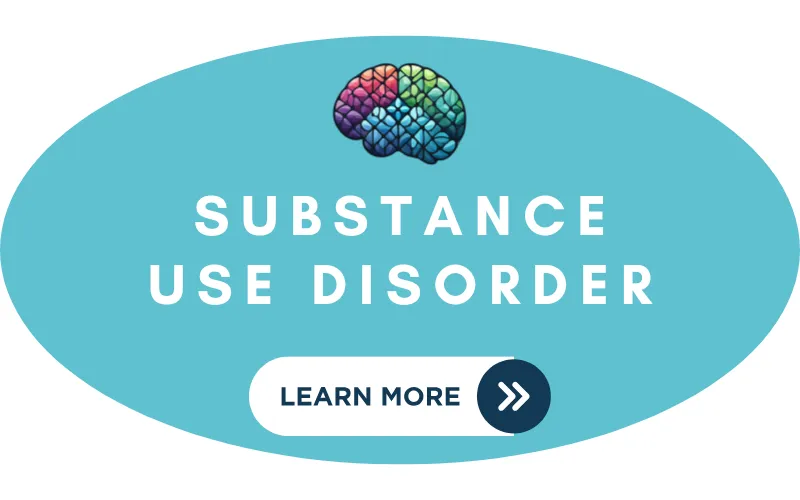
OUR SERVICES
Unlock Your Mental Well-being with a Comprehensive Psychiatric Evaluation
We personalize evaluations to diagnose, treat, and manage mental health
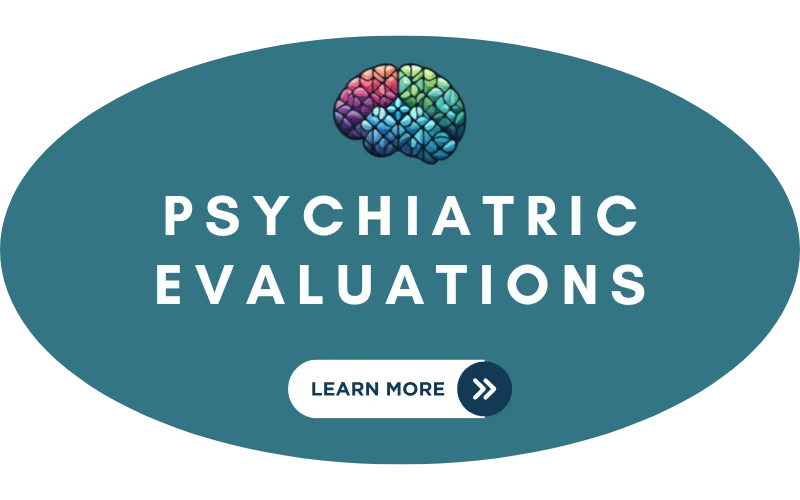
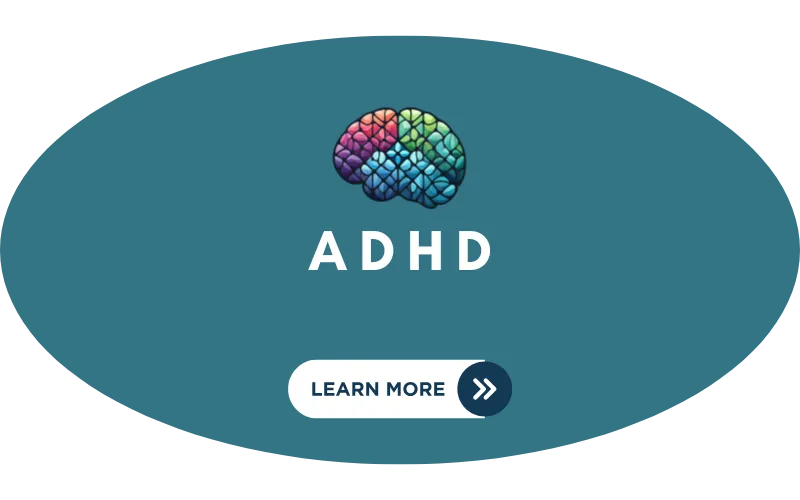
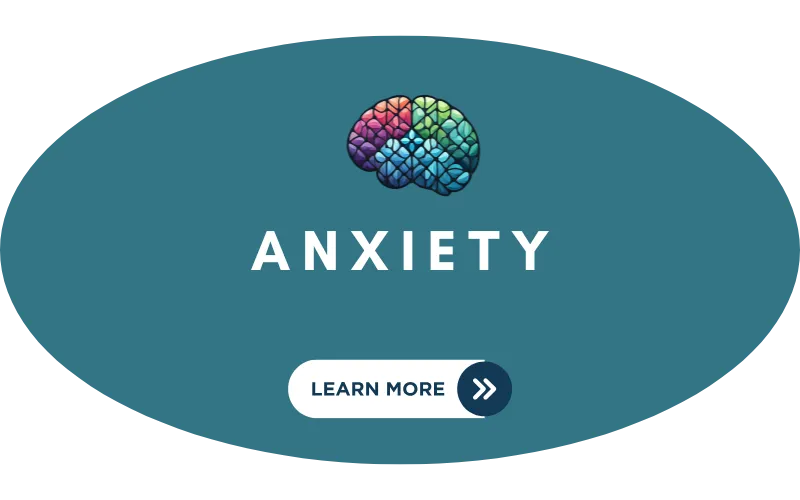
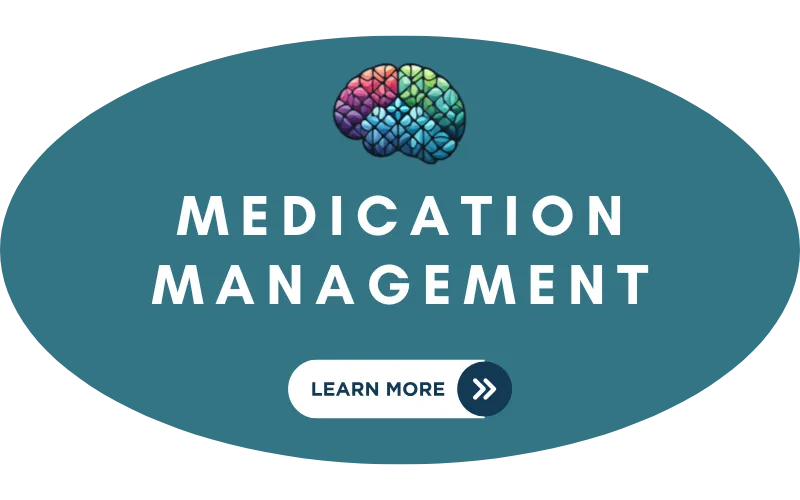
Real people. real results.
What our clients say about us
More About Mosaic Brain Health
A bit about my approach to therapy
Welcome to Mosaic Brain Health, where your mental health journey is deeply personal. I’m Michelle Mottern, PMHNP, FNP, and I lead our practice with a belief that you are more than your symptoms or diagnosis. I’m committed to listening closely to your concerns, understanding your history, and building a partnership that respects and includes your active participation.
Together, we'll review your past experiences with medications—what helped, what didn’t—and craft a treatment approach tailored just for you. At Mosaic Brain Health, we offer comprehensive medication management and therapy options for adolescents starting at age 13 through to adults.
What you can expect from our first session
You can expect to leave the session understanding the treatment plan and what is expected from both of us as treatment is a partnership between the provider and the client. You should expect to be hopeful and know that your progress is my ultimate goal for you.
What should a new client know about working with you?
I provide a compassionate evaluation without labels. Initially, you will receive one hour dedicated solely to your discovery. We will work together to hash out what's beneath the surface. During the first session, we will devise a plan. We will discuss medication, if appropriate. We will determine the frequency of sessions. In therapy, clients start either weekly or biweekly with the ultimate goal of fewer needed sessions. My goal is that you take away a calmer sense of being, feel lighter, and more energized, and have overall improved outcomes.

Insurances
We accept most insurance providers.
please contact us for additional information.











Currently Providing Telehealth and In-Person Appointments
Our Location
Mosaic Brain Health
600 1st Ave N. STE 307F
St. Petersburg, FL 33701
Mosaic Brain Health
St. Petersburg
600 1st Ave N. STE 307F, St. Petersburg, FL 33701
Hours Of Operation:
Tuesday: 4:00 PM - 6:00 PM
Wednesday: 2:30 PM - 6:00 PM
Thursday: 4:00 PM - 6:00 PM
Friday: 9:30 AM - 5:00 PM
Contact Us
863-348-8333
I Consent to Receive Email and/or SMS Notifications and Appointment Reminders from Mosaic Brain Health. Message & data rates may apply. You can reply STOP to unsubscribe at any time.

Mosaic Brain Health
Phone: 863-348-8333
ADDRESS: 600 1st Ave N. STE 307F, St. Petersburg, FL 33701




